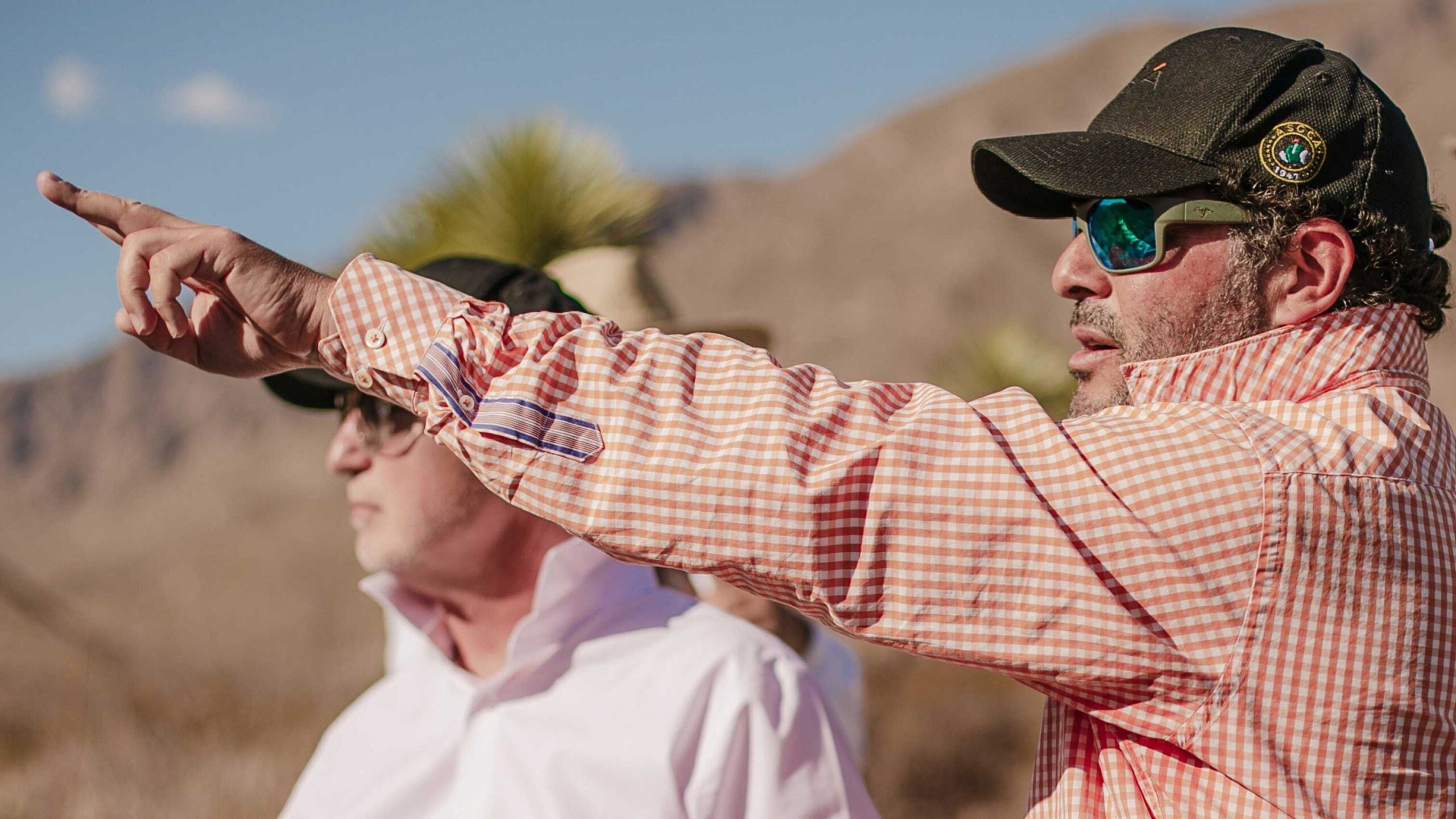Stepping onto the grounds of Augusta National Golf Club is like stepping back in time, which is exactly the way ANGC wants the experience to feel. The history and prestige of Augusta cannot be questioned, but the club’s slow evolution can and should be, especially in light of the gentle back-patting and proclamations of historical significance happening around the occasion of the inaugural Augusta National Women’s Amateur.
The ANWA marks the first time female golfers will play a formal competitive round at Augusta National. (And, yes, it’s just a round. While the event is called the Augusta National Women’s Amateur, only the final round, plus a practice round on Friday, will actually be contested at Augusta National. The first two rounds were played 15 miles away at Champions Retreat.)
Make no mistake, this is a landmark moment for the game, for female players, for women’s equality.
But it shouldn’t be, because it’s, um … 2019.
Women have had voting rights in the U.S. for almost 100 years. Women have been a major part of the workforce since World War II, and a permanent part of the military since 1948; the first woman to join the armed forces did so in 1917, 16 years before Augusta National was founded.
The LPGA came on line in 1950, and nearly 70 years later female golfers still had not played a competitive round at Augusta. (Lest you’ve forgotten, Augusta National began accepting female members only seven years ago.)
In his statement introducing the AWNA, Augusta National Chairman Fred Ridley said, “We believe this event will have a significant and lasting impact on the future of the women’s game.”
Perhaps it will. But if the club had seen the light decades earlier, we’d already know the AWNA’s impact.
In the lead up to the ANWA, posts on the tournament’s Instagram and Twitter accounts associated the club’s decision to allow women to play competitive golf on its course with achievements by trailblazing women in other pursuits, including Mo’ne Davis (first female pitcher to win a game at the Little League World Series), Sandra Day O’Connor (first female Supreme Court Justice) and Amelia Earhart. Yes, Amelia Earhart — the first female aviator to fly alone across the Atlantic. The tagline on these posts: “Groundbreaking moments like these inspire #ANWAgolf.”
It feels hypocritical for Augusta National to draw inspiration from women who through their own talent and determination broke barriers and forced progress, while it took much pressure and prodding — and ultimately a new chairman — for the club to join the 21st century.
https://www.instagram.com/p/BvUoVCtlf3s/
Amelia Earhart was 23 years old when she attended an airshow in Long Beach, CA and discovered her dream of flying. She would go on to become one of the most famous aviators of all time and the first woman to fly solo across the Atlantic.
Pioneers like these inspire #ANWAgolf pic.twitter.com/RljdQjTZ2j
— Augusta National Women's Amateur (@anwagolf) March 23, 2019
Ridley’s statement and Augusta’s insinuations that it is charting a bold path forward feel disingenuous. Augusta National’s leadership wants the world believe it is breaking barriers, but really, the green coats are just now finally getting out of their own way. The false notion that Augusta National is somehow overcoming adversity by allowing these deserving young women to play their course detracts from the moment.
Yes, Augusta National is a prestigious and historic club with rich traditions, but that does not mean it should be exempt from progressing with the times, or showered in praise for allowing the inevitable.
If anything, the club should feel sheepish about how long it’s taken it to allow women to play for a trophy there.





